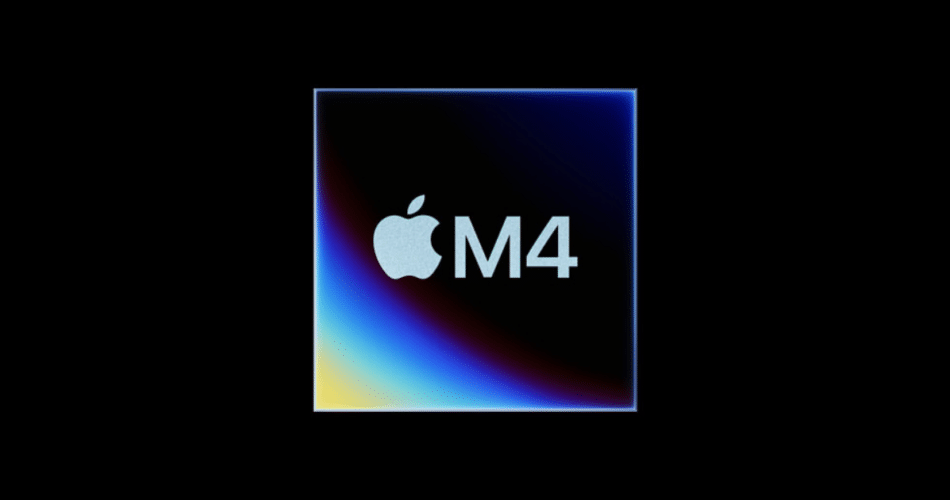Apple’s upcoming M4 Ultra processor is generating major anticipation as it prepares to power the next generation of high-performance Macs, with a particular focus on the redesigned Mac Pro in 2025.
This powerhouse processor is expected to offer up to 32 CPU cores and 80 GPU cores, doubling the M4 Max’s specs, which top out at 16 CPU cores and 40 GPU cores. Mark Gurman from Bloomberg reports that this leap in processing power will make the Mac Pro one of the most formidable mainstream computer systems on the market.
Apple’s approach with the M4 Ultra highlights its focus on unified memory architecture, providing up to 256GB of unified memory, which is precisely double what is available with the M4 Max. This memory structure is particularly advantageous for demanding applications, as it allows programs seamless access to a large memory pool, enhancing the potential for visual quality and gaming performance. Apple’s recent advancements in GPU capabilities, as showcased by the M4 Max’s strong Geekbench scores against Intel and AMD counterparts, are now expected to go even further with the M4 Ultra, potentially positioning Apple Silicon as a competitive force in the gaming industry.
Gurman’s insights suggest that the M4 Ultra will feature enhanced ray-tracing capabilities, promising gamers a high-quality experience on an Apple device—a significant draw as games like Cyberpunk 2077 make their way to the platform. Apple has already hinted at Cyberpunk 2077’s compatibility with path tracing on Mac, which would mark a groundbreaking addition to Mac gaming. To support this gaming push, Apple has also priced its M4 lineup accessibly, with the M4 Mac mini starting at $599 and the M4 MacBook Pro at $1,599, positioning them attractively for both professionals and consumers interested in gaming.
Looking to 2025, Apple is expected to unveil both a new Mac Studio, which could launch with the M4 Ultra by mid-year, and the much-anticipated Mac Pro featuring the M4 Ultra. The powerful specifications of the M4 Ultra and Apple’s continued investment in gaming partnerships—having already brought Capcom and Ubisoft on board—demonstrate the tech giant’s strategy to grow its presence in gaming by expanding the software ecosystem and bringing in more high-quality titles.
(via Bloomberg)
Subscribe to our email newsletter to get the latest posts delivered right to your email.

